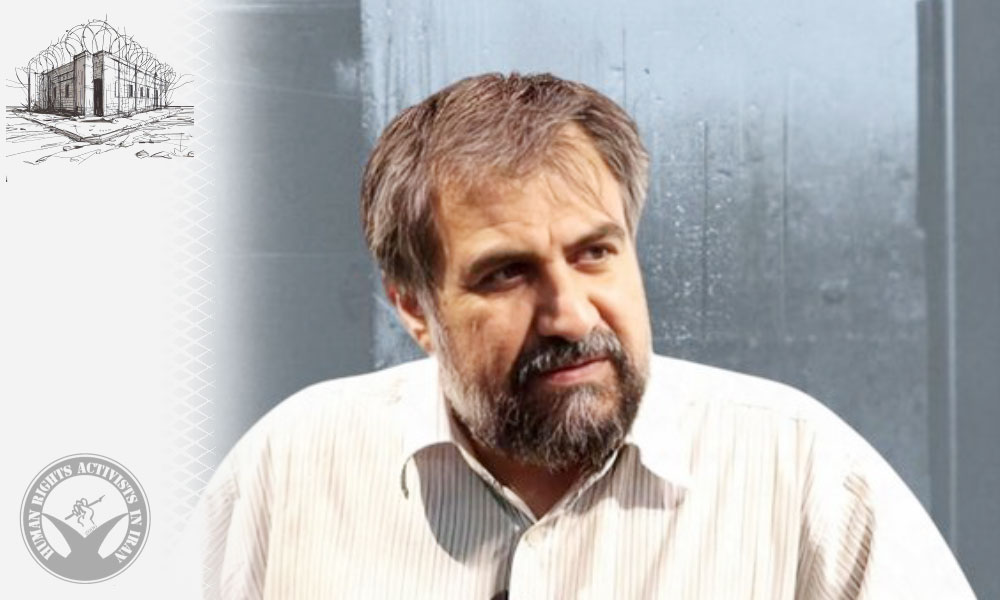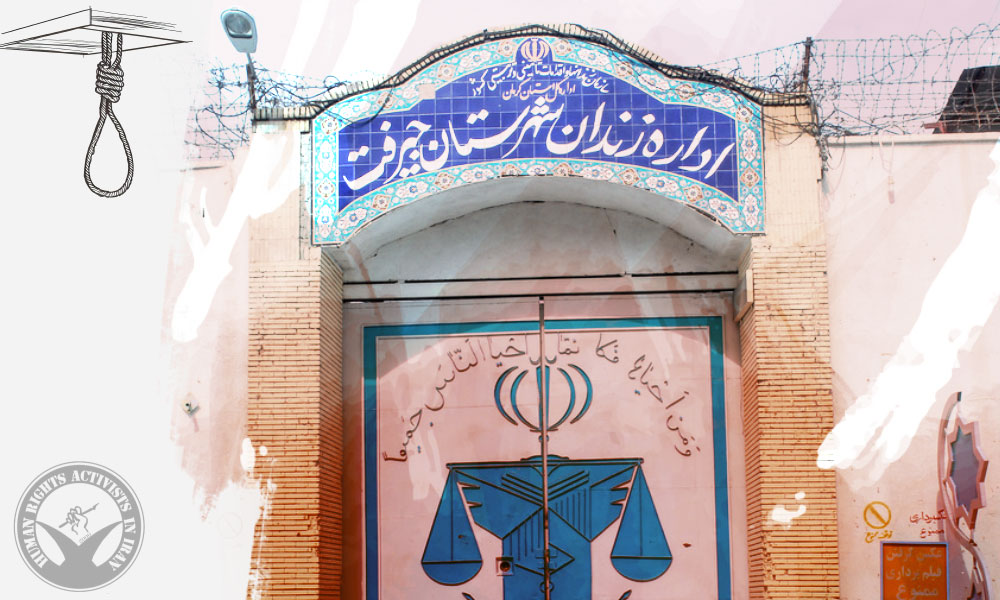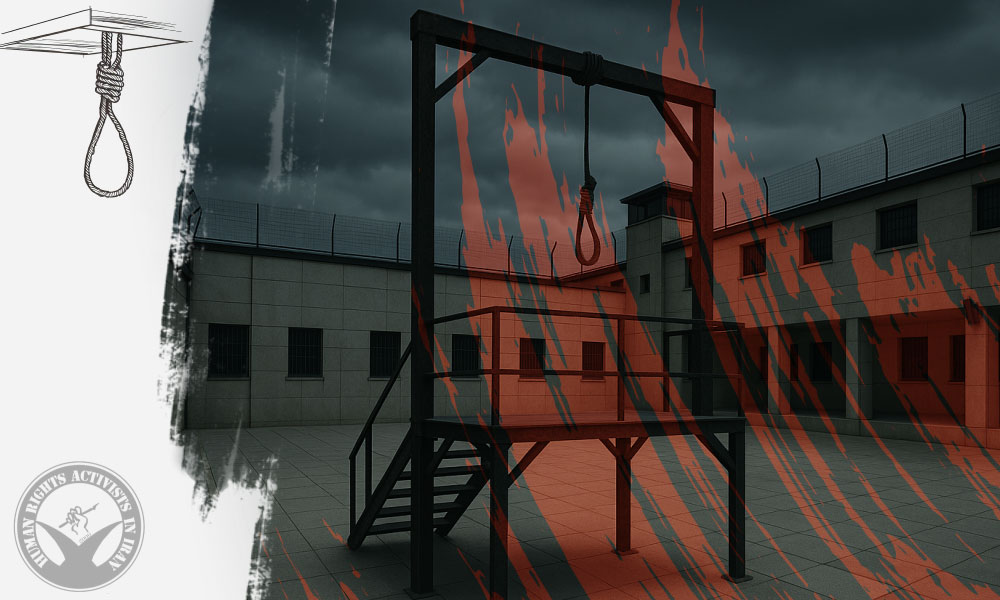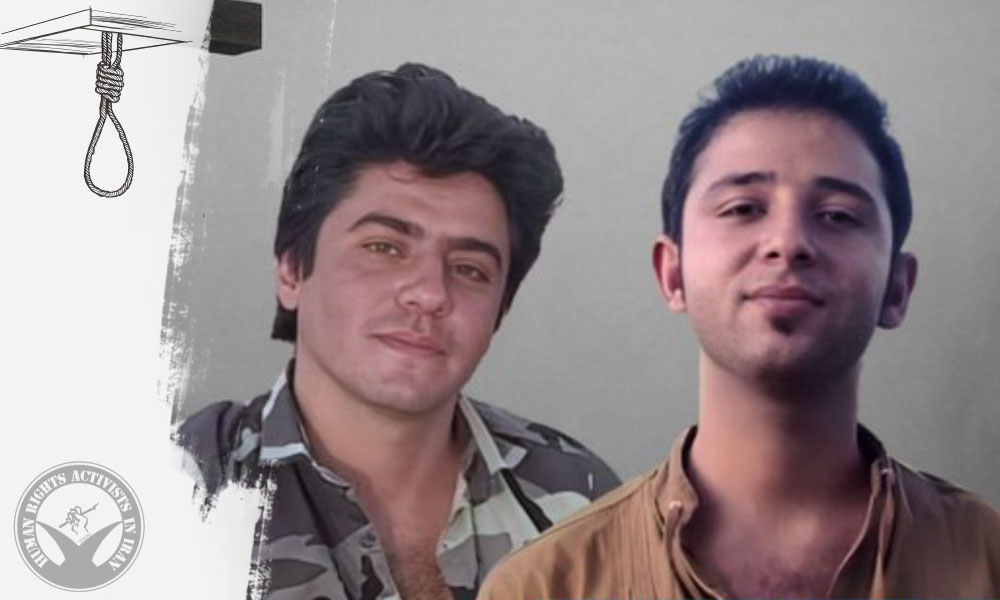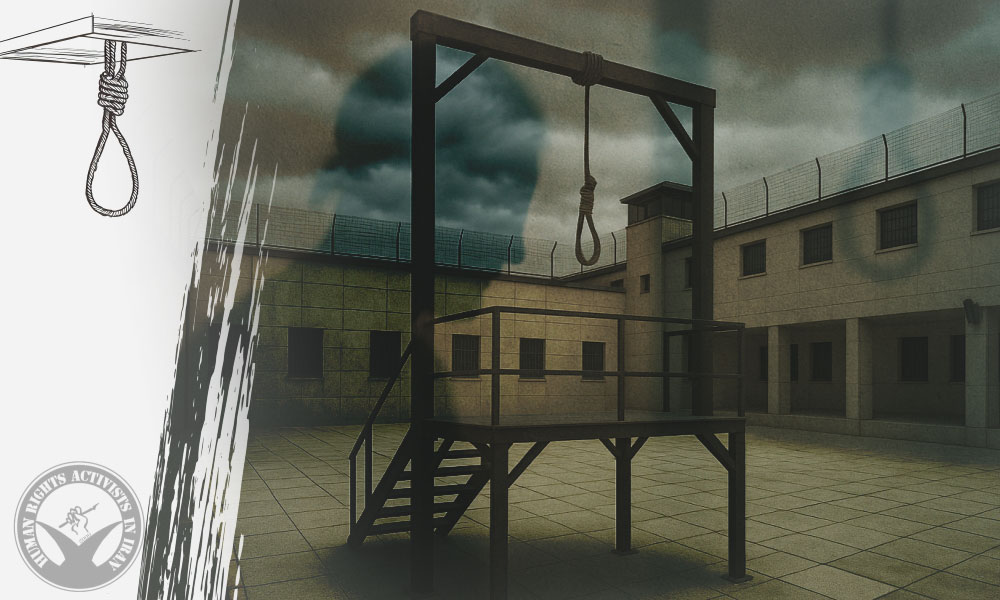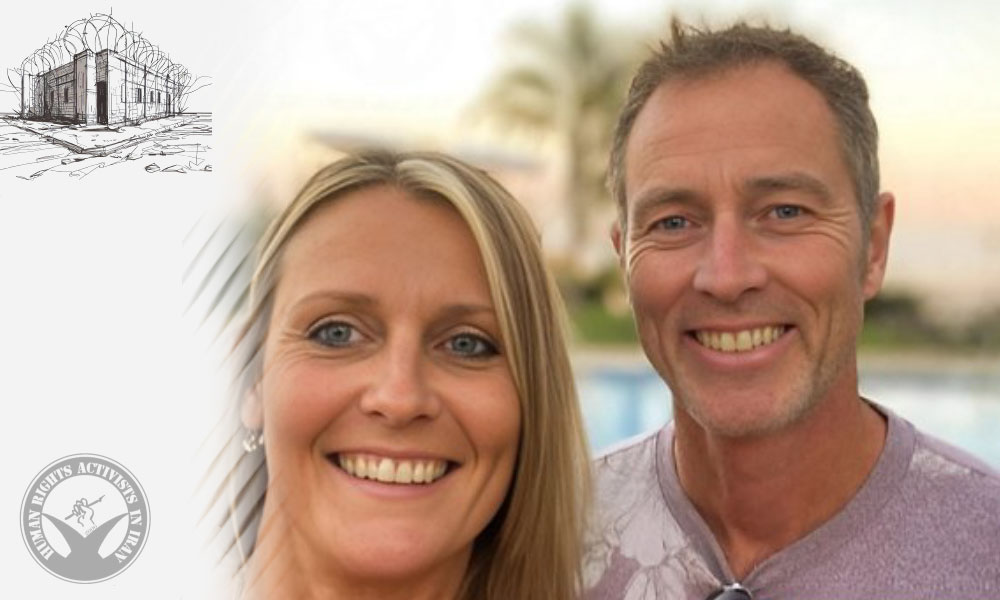HRANA – Craig and Lindsay Foreman, two British nationals, have been detained in Iran since December of last year and remain in a state of limbo. According to their family, the couple continue to endure harsh and inhumane prison conditions. Their son has expressed deep concern for their health and well-being, calling on the UK government to take urgent action to secure their release.
According to HRANA, citing BBC World, Joe Bent, the son of Lindsay and Craig Foreman, stated that his parents remain in poor conditions in Iranian prisons.
The couple, from East Sussex, were on a global motorcycle trip when they were arrested by security forces in Iran in December 2024 and charged with espionage—an accusation their family rejects.
In a statement issued by the family, it was reported that Mr. Foreman is being held in a small room with 57 other prisoners. Their sleeping arrangements consist of triple bunks without mattresses, inadequate ventilation, poor food, and little access to fresh air. He is also suffering from pain caused by untreated dental problems. According to the report, the UK Foreign Office has managed to deposit money into his account so that he can purchase essential supplies. Meanwhile, Mrs. Foreman is being held in a 140-square-meter space with about 70 other women. Her family reports that she has to endure extreme heat, frequent power cuts, insufficient food, and sleep on a metal bed that has caused chronic back pain.
During a meeting with the British ambassador in Tehran, Mrs. Foreman requested a transfer to another prison to be closer to her husband. She has also been allowed to maintain regular phone contact with him and meet with him once a week.
Their son, Joe Bent, said: “My parents’ resilience is admirable, but that does not make their situation acceptable. Their dignity is currently being violated, and we call on the government to take urgent steps to improve their conditions and maintain family contact.”
A spokesperson for the UK Foreign Office also reacted to this report, stating: “We are deeply concerned about the espionage charges against two British citizens and have raised this matter directly with Iranian officials. We continue to provide consular assistance to them and remain in close contact with their family.”
The two British nationals, who had entered Iran during their global motorcycle journey, were arrested in December last year by the IRGC Intelligence Organization in Kerman. Judicial officials charged them with “espionage,” alleging that the couple, under the guise of tourism and research activities, had collected information across several provinces.
The then-British ambassador to Iran also met with the couple in Kerman’s prosecutor’s office in February of the same year.
In recent years, Iranian authorities have arrested several foreign nationals on charges such as espionage or collaboration with hostile governments. Some detainees have been released after a period of imprisonment following political negotiations. Human rights organizations and some Western governments have accused Iran of using such arrests as a tool of political pressure, but Iranian officials have consistently denied these allegations.




